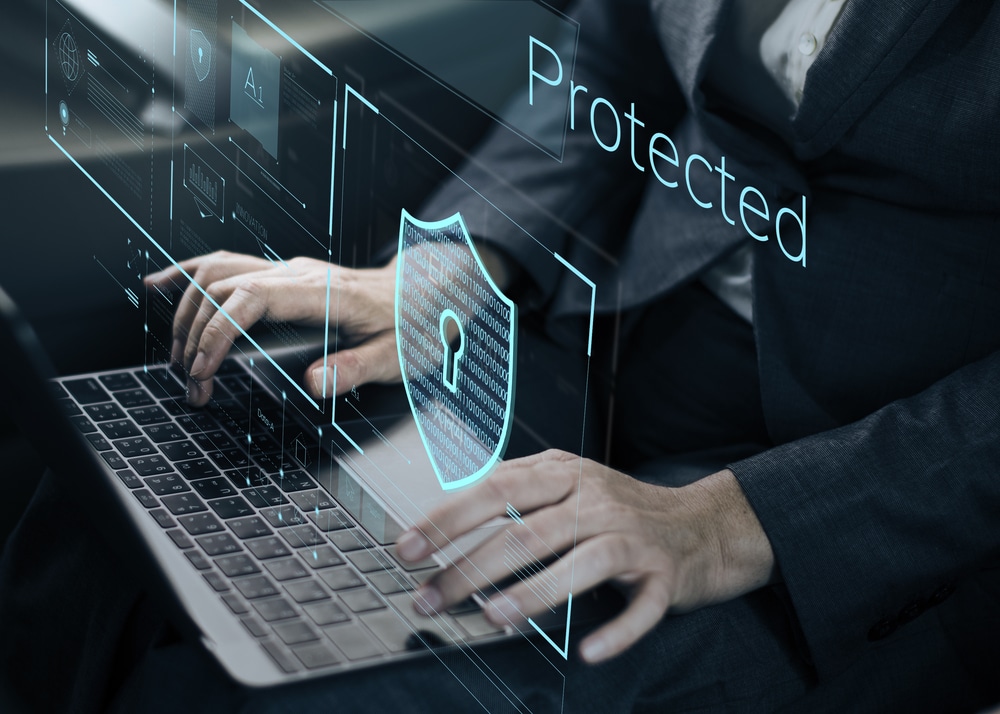Protect yourself against cyber threats with Cyber Essentials
We are excited to announce that we will be hosting a Cyber Essentials webinar in January, so keep your eye out for more information!
Use a firewall to secure your internet connection
You should protect your Internet connection with a firewall. This effectively creates a ‘buffer zone’ between your IT network and other, external networks. In the simplest case, this means between your computer (or computers) and ‘the Internet’. Within this buffer zone, incoming traffic can be analysed to find out whether or not it should be allowed onto your network.
Choose the most secure settings for your devices and software
Manufacturers often set the default configurations of new software and devices to be as open and multi-functional as possible. They come with ‘everything on’ to make them easily connectable and usable. Unfortunately, these settings can also provide cyber attackers with opportunities to gain unauthorised access to your data, often with ease.
Control who has access to your data and services
To minimise the potential damage that could be done if an account is misused or stolen, staff accounts should have just enough access to software, settings, online services and device connectivity functions for them to perform their role. Extra permissions should only be given to those who need them.
Protect yourself from viruses ad other malware
Malware is short for ‘malicious software’. One specific example is ransomware, which you may have heard mentioned in the news. This form of malware makes data or systems it has infected unusable – until the victim makes a payment. Viruses are another well-known form of malware. These programs are designed to infect legitimate software, passing unnoticed between machines, whenever they can.
Keep your devices and software up to date
No matter which phones, tablets, laptops or computers your organisation is using, it’s important they are kept up to date at all times. This is true for both Operating Systems and installed apps or software.
Find out more: https://www.cyberessentials.ncsc.gov.uk/advice/
Give us a call on 0161 233 0099 to see how we can help you get your certification

